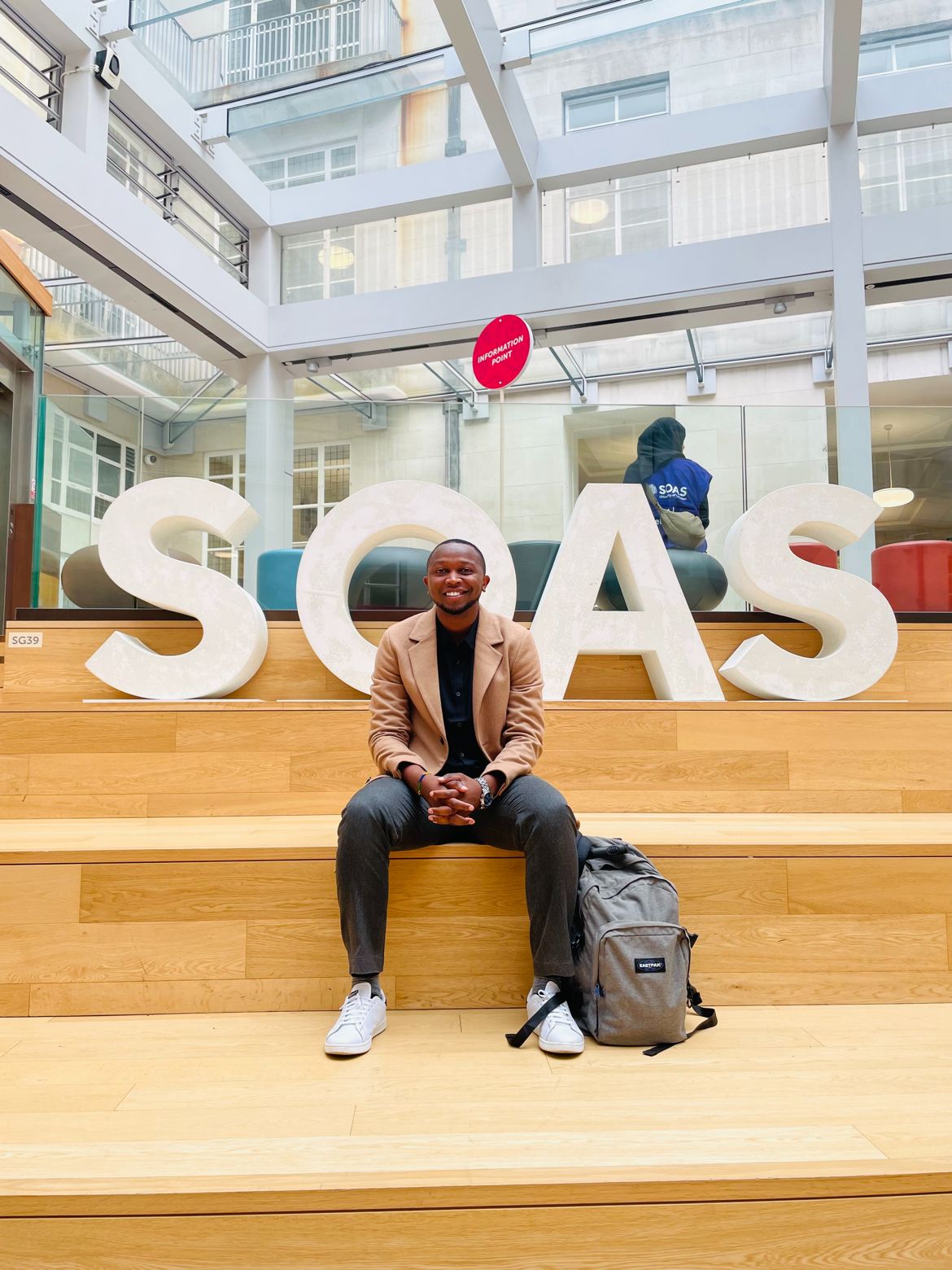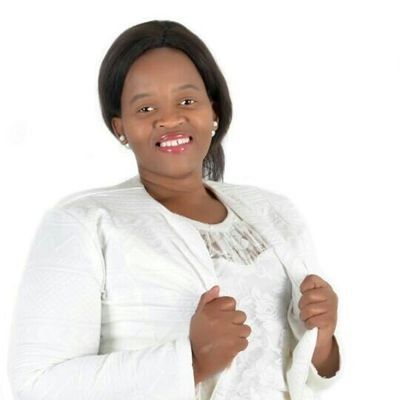Genesis of the Mama Zetu Foundation
Enock Ephraim Kivuyo, a Tanzanian native, founded the Mama Zetu Foundation driven by his experiences growing up in a traditional Maasai community. In these communities, women are the cornerstone, nurturing families and managing vegetable farms along the main river. However, when the river dried up, their economic stability crumbled, exacerbated by inadequate funding and financial illiteracy. Despite their efforts to launch new projects, the lack of education and capital hindered their success.
Securing a scholarship to the University of Rochester was a pivotal moment for Kivuyo. It solidified his resolve to return to his community and address these critical issues. His academic and professional experiences equipped him with the skills necessary to establish and lead the Mama Zetu Foundation, an organization dedicated to empowering women and girls through tailored income-generating units, education, and social inclusion programs.
Core Values
Mama Zetu's mission is to grant the wishes of underrepresented women and girls by promoting equal access to opportunities in education, entrepreneurship, and social inclusion. The foundation envisions a world where women and girls unite to create healthy lifestyles and businesses in a renewed, inclusive community. Core values of integrity, professionalism, empathy, unity, and service guide the foundation's initiatives and operations.
Comprehensive Product and Service Offerings
Mama Zetu Foundation offers a multifaceted approach to community empowerment:
1. Local Economy and Financial Freedom: By creating job opportunities and supporting entrepreneurship, Mama Zetu stimulates the local economy. Their dairy farm, requiring roles such as farmers, milkers, veterinarians, and caretakers, provides employment and economic stability. As beneficiaries establish or improve their own projects, their incomes and living standards significantly improve.
2. Food Security: The dairy farm ensures a reliable source of fresh milk and dairy products, reducing dependence on external sources and enhancing local food security. This initiative keeps processing plants operational and secures jobs in the community.
3. Education and Skill Development: Educational programs and workshops on dairy farming, sustainable agriculture, and entrepreneurship promote knowledge sharing and skill development, empowering community members with essential business acumen.
4. Environmental Sustainability: Sustainable practices like organic feed, rotational grazing, and manure management systems are integral to the foundation's operations, reducing environmental impact and promoting a healthier ecosystem.
5. Social Cohesion and Community Engagement: Mama Zetu serves as a community hub, fostering social connections and a sense of unity among residents.
6. Health and Nutrition: Access to locally produced milk and dairy products, coupled with workshops on mental and physical health, improves the community's nutritional status and overall well-being.
Business Model and Revenue Generation
Mama Zetu sustains its operations through a diversified revenue model. Income from events and media relations services covers salaries, while investments in money markets and microfinance generate additional funds for internal projects and client initiatives. This model ensures financial stability and supports the foundation's mission-driven activities.
Target Market and Customer Demographics
The foundation primarily targets NGOs, particularly those in food fortification, early child development, and the micro retail industry. There are over 100 NGOs in Tanzania, providing a substantial market for Mama Zetu's services. By conducting thorough research on producers and suppliers, the foundation identifies and addresses gaps in the Arusha region, giving it a competitive edge. Their focus on reliability, consistency, and professionalism, coupled with a commitment to supporting women and girls, attracts and retains clients.
Distinctive Value Proposition
Mama Zetu stands out due to its unique model that combines entrepreneurship with social inclusion to address gender income gaps and related challenges. Their human-centered, tailored design programs empower women financially, enabling them to support their families' education and health. This holistic approach sets Mama Zetu apart from competitors, offering clients both tangible and intangible benefits.
Milestones and Achievements
Since its inception, the Mama Zetu Foundation has achieved significant milestones. Notably, they have maintained a loyal client base, with no complaints or attrition, and have seen substantial growth in their client database. The foundation's dedication to serving clients diligently has been a key factor in these accomplishments. Additionally, Enock Kivuyo received the Resolution Fellowship Award in 2021 for his leadership, further highlighting the foundation's impact.
Overcoming Challenges
Mama Zetu has faced typical startup challenges, including high initial costs for acquiring cows and machinery and limited fodder supply. Kivuyo addressed these issues by applying for various grants for seed capital and implementing inbreeding to upscale the dairy farm quickly. To tackle fodder supply shortages, the foundation is exploring alternative animal feeds and recycling crop remains, ensuring sustainability and growth.
Long-Term Vision
Enock Ephraim Kivuyo envisions a future where Mama Zetu significantly improves women's access to education and skills development. The foundation aims to establish community learning centers in underserved areas within the next ten years. These centers will provide educational opportunities and skills training, empowering women to make informed decisions, enhance their employability, and contribute to their communities' development. By securing funding, collaborating with local stakeholders, and continuously monitoring progress, Mama Zetu is poised to achieve this ambitious goal.
Advice for Aspiring Entrepreneurs
Kivuyo advises aspiring entrepreneurs to embrace patience and persistence. Understanding that plans may not always unfold as expected is crucial. Challenges and setbacks are part of the learning process and should be seen as opportunities for growth. Seeking help when needed and remaining committed to the vision can make a significant difference in creating meaningful change in the community.




